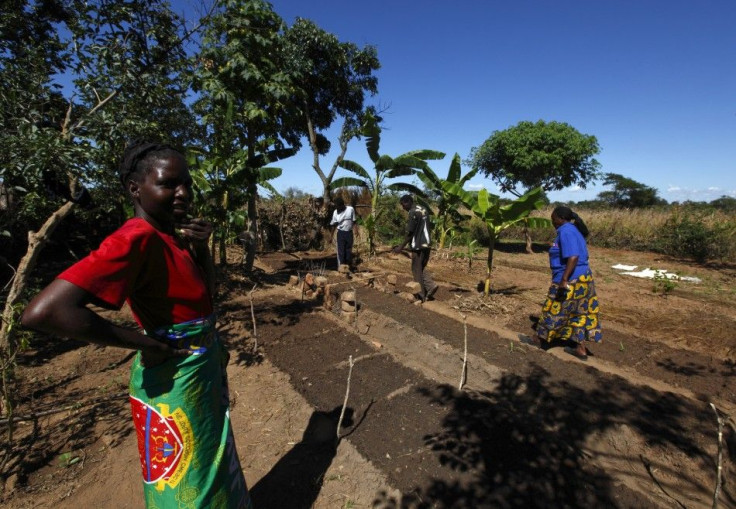Africa’s Negative Image Undermining Food Aid Efforts: Oxfam

Charitable contributions to Africa have been hurt by the continent’s negative image and various stereotypes held by the British public, alleged the UK charity Oxfam, thereby frustrating efforts to end hunger in Africa.
In a survey of more than 2,000 people that the aid agency conducted with market research firm YouGov, three-fifths of respondents said that constant images of hunger, drought, deprivation and disease in Africa have left them desensitized and apathetic.
Media images of starvation, they claimed, are "depressing, manipulative and hopeless.”
While almost three-quarters of those surveyed believe it is possible to end hunger in Africa, only one-fifth think they can actively bring about such a happy outcome. A little less than half of respondents lament that conditions in the developing world will never improve.
"Oxfam has led the way in drawing attention to the plight of Africa's most vulnerable people, and we aren't trying to gloss over the problems that still beset so many of them, particularly levels of malnutrition that remain stubbornly high,” said Oxfam Chief Executive Dame Barbara Stocking, according to Sky News.
Stocking said Oxfam plans a new campaign to raise awareness about hunger in Africa.
Referring to the famous Band-Aid event of the 1980s, when mostly British-Irish musicians led by Bob Geldof, Midge Ure and Bono produced the single "Do they know it’s Christmas?" to raise funds to fight hunger in Ethiopia, Stocking added: "We've come a long way since the 1980s. … We need to shrug off the old stereotypes and celebrate the [African] continent's diversity and complexity, which is what we are attempting with this campaign.
"The relentless focus on ongoing problems at the expense of a more nuanced portrait of the continent, is obscuring the progress that is being made toward a more secure and prosperous future. If we want people to help fight hunger, we have to give them grounds for hope by showing the potential of countries across Africa; it's a natural instinct to turn away from suffering when you feel you can do nothing to alleviate it."
Africa, Stocking noted, is far more complex than Westerners give it credit for.
"Of course, there are floods, droughts, and there is conflict, but that is not in every country at all,” she told BBC.
“And there are quite a number of countries now in Africa that are really doing very well. We want to make sure people have a really better, balanced picture of what's happening in Africa. Of course we have to show what the reality is in the situations in those countries.
"But we also need to show the other places where things are actually changing, where things are different."
Some comments on BBC website suggested that readers share the apathy and cynicism the poll reflected.
One person wrote: “We've said for years that this culture of handing over money at the drop of a hat isn't helping anybody, least of all Africa itself. If we want to improve peoples' lives, we can't just expect to be able to throw cash at the problem states and hope for the best. History shows that the money ends up being spent on weapons or frivolities by corrupt militia or politicians. They need THINGS, not cash.”
Another commenter wrote: “Africa and the third world doesn't need aid. It just needs rich people in the West to pay a fair price for its agricultural produce and stop living on the backs of the child workers who make all the cheap clothes sold on the high street. Africa's population doesn't threaten the planet, it's people in the West who are using up all the world's resources to support their unsustainable lifestyle.”
© Copyright IBTimes 2024. All rights reserved.





















